Spectrum and Future Services
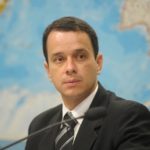
Spectrum and Future Services
Chair: André Trindade - Engenheiro de Comunicação - ABRATEL
Network Engineer by UnB, with specialization in Public Management and Information Security. Trindade is a member of the Brazilian delegation to the Inter-American Telecommunication Commission (PCC.II CITEL). In addition, he is a full member of Gired -.Grupo de Implantação do Processo de Redistribuição e Digitalização de Canais de TV e RTV.
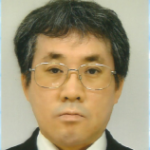
Policy and vision of use of spectrum in Japan -after ASO
Speaker: Hiroyuki Ogawa - Director for Digital Broadcasting Technology,
Ministry of Internal Affairs and Communications, Japan
Hiroyuki Ogawa is currently a Director for Digital Broadcasting Technology, Ministry of Internal Affairs and Communications, Japan. He is in charge of technical assistance for the ISDB-T adopted countries and international promotion of 4K/8K technology. He joined the Ministry in 1998 and has the extensive experience of coordination of R&D projects, regulations, and international affairs in the field of telecommunications and broadcasting. He was also dispatched to the Embassy of Japan in Russia as a telecommunications attaché. He graduated from the University of Tokyo with a degree of B.E. in electrical engineering. He is also an avid amateur radio operator.
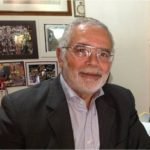
A dangerous scenario...
Speaker: Paulo Ricardo Balduino - TV Spectrum Planning Director - Brazilian Radio and TV Broadcasters Association - ABERT
Paulo Ricardo H. Balduino, born 1949, electronics engineer from the University of Brasília, married, with three children. Oversees the work of the Brazilian Association of Radio and Television Broadcasters – ABERT, focusing on the policy, planning and use of the electromagnetic spectrum. He worked at the Ministry of Communications as coordinator of international regulatory activities in different forums of the International Telecommunications Union – ITU and the Inter-American Telecommunication Commission – CITEL, having created, as far back as 1974 and 1975, the process for Brazil’s participation in the work of the ITU and the CITEL, including Brazilian commissions of studies designated at the time as CBR.s and CBTT.s, nowadays restricted and renamed CBC.s. He has headed up Brazilian delegations at several meetings, assemblies and conferences of the ITU and the CITEL on a range of subjects, including planning for the use of the spectrum for different services. When the 12-GHz Satellite Broadcasting Service was in the planning phase, he presided over a group of experts who came up with the planning algorithms and the procedures for updating the plan. He was a founding member of the “National Infrastructure Committee on Information of ANATEL (C.INI – ANATEL), where he was responsible for the Telemedicine Group, having carried out his activities to an advanced level of development. He has represented ANATEL on several forums and working environments on this issue. He was Director and Co-founding Partner of the company, Spectrum Latino America, a joint venture with European company, Spectrum Strategy Consultants
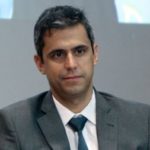
Spectrum: the vision of ANATEL
Speaker: Leonardo Euler de Morais - Presidente do Comitê de Uso do Espectro e de Órbita (CEO)
Leonardo Euler holds a degree in Economics and a Master's degree in Economics from the University of Brasília. He has been a career servant of Anatel since 2005. Approved in the first public exam held by the Agency, where he served as head of the Technical Advisory. He is currently a member of the Board of Directors of Anatel and Chairman of the Spectrum and Orbit Use Committee (CEO).
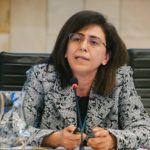
The ITU (International Telecommunication Union) and WRC 2015 results (World Radiocommunication Conference)
Speaker: Ilham Ghazi - Head of Broadcasting Services at the Radiocommunications Office of the International Telecommunication Union.
Graduated in Radiocommunications Engineering from the International Aviation Institute of Kiev, Ukraine and a Master's degree in Business Administration from the Ecole polytechnique Federale in Lausanne, Switzerland. She is currently charged by ITU to lead regional coordination meetings to allow administrations to have additional frequencies in the Band 470-694 MHz and facilitate the release of the first and second digital dividends.

